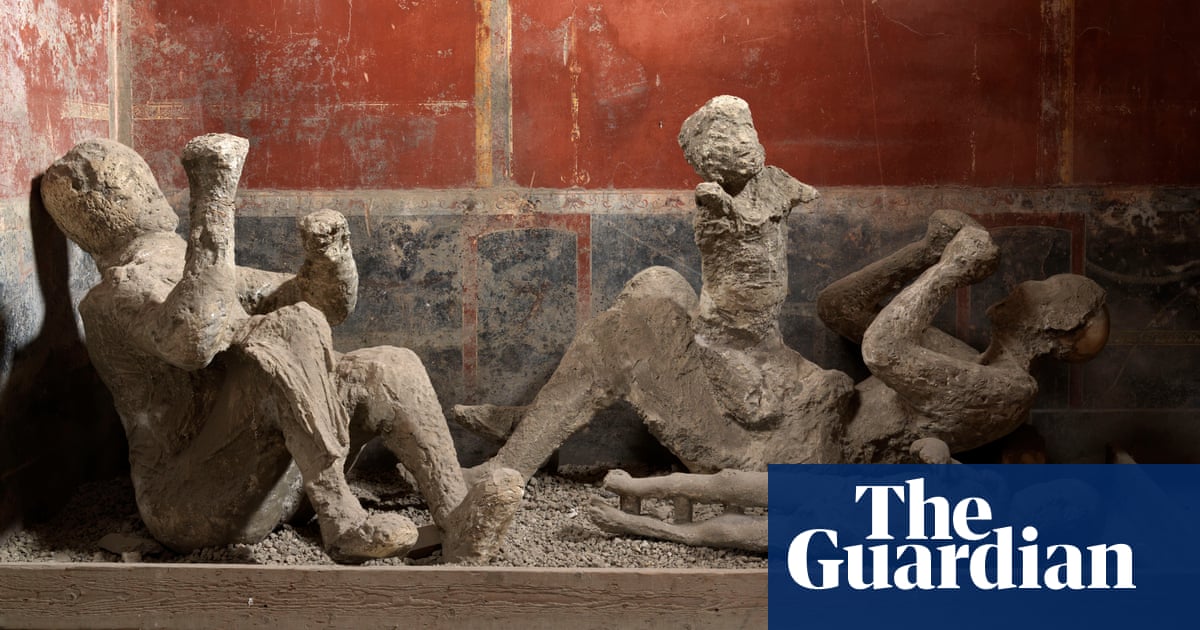New DNA Analysis Challenges Long-Standing Assumptions About Pompeii Victims
A recent study reveals that DNA evidence contradicts previous interpretations of relationships among victims of the Pompeii volcanic eruption.
Overview
Research from Max Planck Institute and others reveals that previous interpretations of Pompeii's plaster casts were inaccurate, showing individuals once thought to be related were actually unrelated. The study highlights the diverse genetic backgrounds of Pompeii's inhabitants, suggesting a complex narrative of migration and encounter in ancient Rome. The findings call into question long-held notions about gender roles, familial ties, and the societal composition of this ancient city destroyed by Mount Vesuvius in AD 79.
Analysis
Analysis unavailable for this viewpoint.
Sources (3)
History
This story does not have any previous versions.

